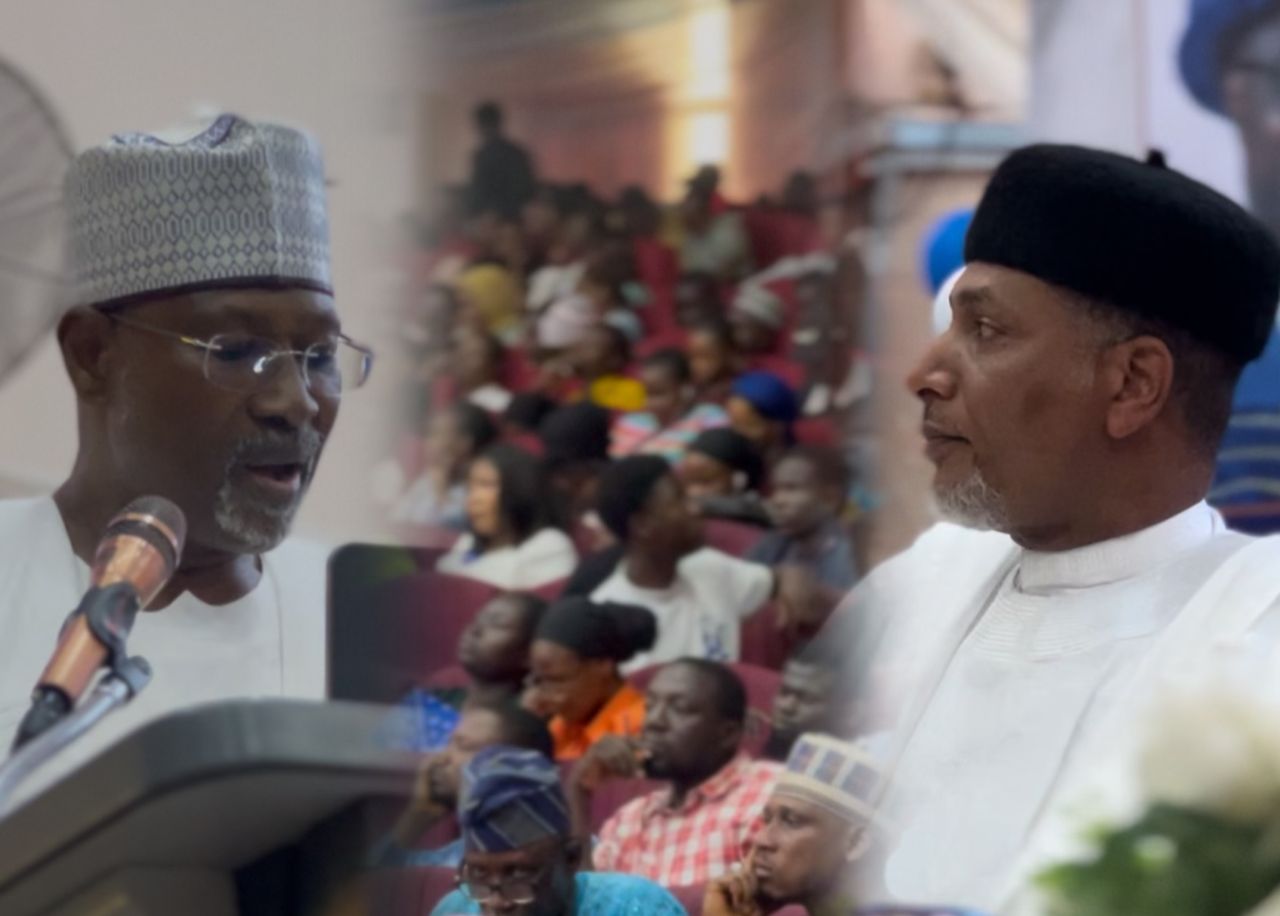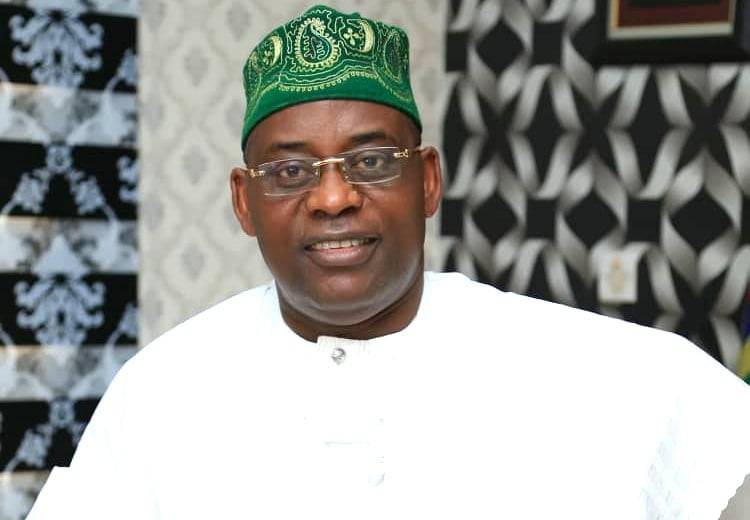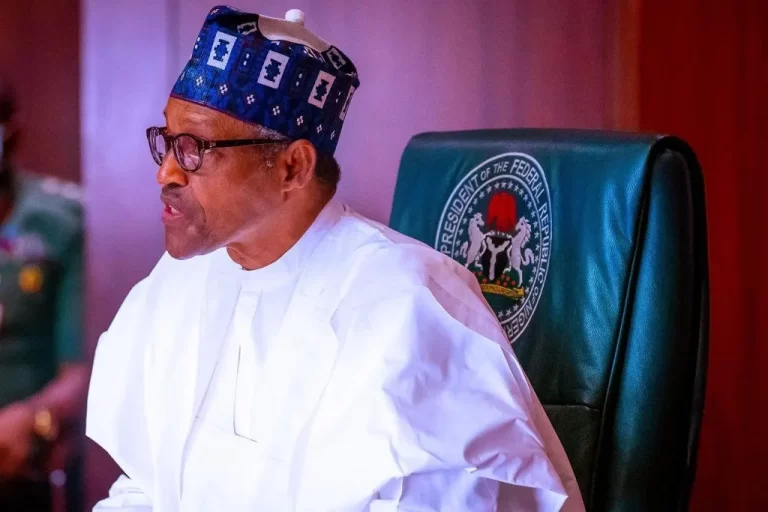Saliu Mustapha honoured as Unilorin hosts livestock development lecture
• Jega, varsity don hail Saliu, advocate urgent livestock reform
Senator Saliu Mustapha, Chairman of the 10th Senate Committee on Agriculture Production Services and Rural Development, was on Monday honoured by the University of Ilorin during its Faculty of Social Sciences Annual Distinguished Personality Lecture.
The lecture, which focused on the future of Nigeria’s livestock sector, featured a keynote lecture titled Transforming Nigeria’s livestock sector for peace, productivity and prosperity, delivered by Professor Attahiru Jega, the Special Adviser to the President on Livestock Reforms and Coordinator of the Presidential Initiatives on Livestock Reforms.
Speaking to a diverse gathering of policymakers, academics, traditional rulers, private sector actors and development partners, Jega emphasised the urgent need for reform in agriculture as a tool for national development and peacebuilding.
‘Saliu’s legislative role in livestock reform commendable’
Jega lauded Senator Saliu’s role in legislative advocacy, describing it as “instrumental in catalyzing national attention to the structural challenges facing the livestock sector.”
“It is with profound humility and great honour that I deliver this lecture,” Jega stated. “Senator Mustapha’s continued partnership with executive stakeholders has created an enabling legislative environment to advance critical reforms in agriculture, food security, and national cohesion.”
“This is not merely ceremonial; it is catalytic,” he noted. “We are here to foster data-driven interrogation and strategic conversation on how to reposition Nigeria’s livestock sector as a bedrock of peacebuilding, economic diversification, and nutrition security.”
Livestock reform a national priority: Jega
He framed livestock development not just as an agricultural concern but a national imperative. He warned that despite contributing an estimated 7 to 9 percent of Nigeria’s agricultural GDP and supporting the livelihoods of over 20 million Nigerians, the sector remains “ensnared in a web of deep-seated structural inefficiencies”.
Among the myriad issues he identified were outdated production systems, fragmented value chains, weak animal health services, and insufficient policy coordination.
He also underscored the devastating toll of violent farmer-herder conflicts, linking them to broader issues of insecurity and social cohesion, exacerbated by climate change and failures in land governance.
“The sector has long suffered from chronic underinvestment — both public and private,” he said, citing infrastructural gaps in grazing reserves, veterinary services, feed systems, and market networks.
“Reform is not just an economic necessity; it is a peacebuilding imperative,” he stressed, adding that there should be coordinated action to address climate impacts, land governance failures, and infrastructural gaps — particularly in grazing reserves, cold chains, feed systems, and livestock markets.
He called for “data-driven interrogation and strategic conversation” to reposition livestock as a driver of economic diversification, rural livelihoods, and social stability.
Jega described the attendees as a “compass and engine for progress,” emphasising that no single actor can shoulder the responsibility for transformation. “The intersectionality of your roles is vital to achieving sustainable, inclusive, and conflict-resilient livestock systems.”
Saliu hailed as “architect of grassroots empowerment”
Earlier in her remarks, Professor Adedoyin Omede, Dean of the Faculty of Social Sciences, explained the rationale for dedicating this year’s lecture to Saliu, describing the Turaki of Ilorin Emirate as “a cultivator of hope and a national asset.”
She added that Saliu is currently redefining agricultural engagement in the Senate through practical, people-focused initiatives.
“He has repositioned livestock and agricultural policy on Nigeria’s development agenda,” Omede said, praising the senator’s ability to bridge the divide between academia and real-world impact.
She highlighted several of the senator’s flagship interventions: the empowerment of 2,500 constituents under the Alubarika 1.0 Programme; the distribution of over 3,500 bags of fertiliser and 1,000 water-pumping machines; and the provision of essential agricultural tools such as tractors, solar-powered boreholes, refrigerators, and support for meat processing facilities.
In the education sector, she noted that the senator has funded scholarships for 200 university students and donated substantial resources toward infrastructure development at the University of Ilorin.
“We call upon him to initiate a legacy project at this university — something future generations will point to as evidence of purposeful leadership,” she said.
Livestock development, a social sciences imperative — Omede
On the academic significance of the lecture, Omede said the theme sat firmly within the “intellectual jurisdiction” of the social sciences, particularly political economy.
“Livestock development is deeply embedded in governance structures, resource allocation, and rural livelihoods,” she stated, highlighting the faculty’s role in mobilising interdisciplinary research for national transformation.
“This lecture is a practical demonstration for our students on how research, leadership, and legislation intersect,” she said. “And for society, it is a clarion call to revamp Nigeria’s livestock economy and harness its full developmental potential.”







